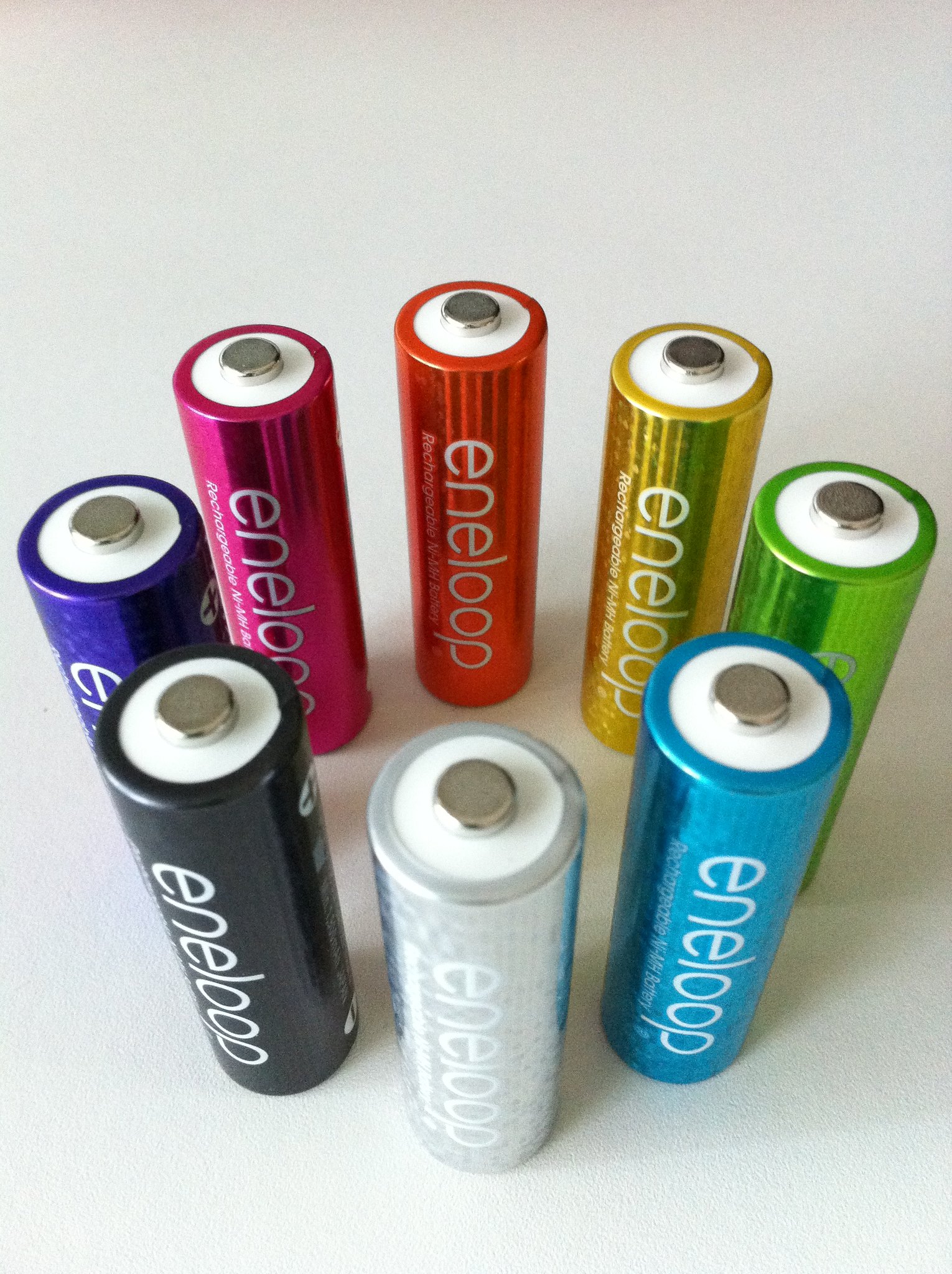Last year, METI unveiled a Battery Industry Strategy, Japan’s first detailed battery industry roadmap in a long time. The Strategy was a grand vision, outlining how a focus on lithium-ion chemistry and the all-solid-state technologies can propel Japanese firms to expand their capacity over the course of this decade and capture as much as 20% of the global market.
To move the Strategy forward, METI vowed to invest in new battery R&D along with private companies, helping Japanese manufacturers not only to create the technologies but also build the production facilities, train new talent, and forge global raw material supply chains.
As one of the first steps in this process, the government has now certified a wave of domestic projects that will receive initial backing; the certifications are split into two rounds. On June 16, METI confirmed the first seven projects that it believes can help industry provide a stable supply of rechargeable batteries. Subsidies totalling ¥127 billion will be distributed to support the production and technological development of batteries and their components.
Among the companies winning support is Toyota, whose initiative aims to set up 25 GWh of battery production capacity. Altogether, the certified projects are expected to boost domestic battery output to 45 GWh.

